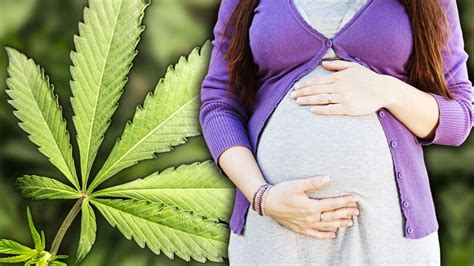As marijuana legalization spreads across various states, its use has become a topic of open discussion. This includes its effects on developing babies during pregnancy, a subject that hasn’t been as extensively studied or publicized as the impacts of other drugs like alcohol. The silence from the scientific community has influenced public perception and knowledge.
From 2002 to 2014, the percentage of pregnant women using marijuana rose from 2.3% to 3.84%, a significant increase. This rise is concerning, as the potency of marijuana, indicated by the amount of tetrahydrocannabinol (THC), has also increased. In California and the United States overall, cannabis use during pregnancy mirrors the overall population trend, with about 1 in 12 women (8%) using cannabis during pregnancy in 2020, up from 3% in 2002.
When using cannabis, it’s advised not to smoke it, as this can inflame the lungs. Alternatives include under-the-tongue tinctures, edibles, topical products, or dry herb vaporizers. If smoking is chosen, it’s advised not to hold the smoke in the lungs for more than a second, as this doesn’t increase effects but can irritate the lungs. Driving should be avoided for at least four hours after use.
Marijuana smoke contains many harmful chemicals, some at higher levels than tobacco smoke. This includes carcinogens and toxins like cyanide and ammonia. Thus, parents are advised to keep children away from marijuana smoke. During pregnancy and nursing, avoiding marijuana use is recommended due to concerns like oxygen deprivation to the fetus, which can result in lower birth weight and size.
Medical professionals warn that smoking marijuana, consuming edibles, or taking low doses of CBD and THC during pregnancy can pose risks to the baby. A study highlighted negative impacts on infant mental and motor development when marijuana is used in the third trimester. Publications like The New England Journal of Medicine and the American Academy of Pediatrics have linked marijuana use during pregnancy to decreased birth weight and size.
Despite the legalization of cannabis, comprehensive data on its impact, especially during pregnancy, remains limited. There are guidelines for alcohol consumption during pregnancy, but similar detailed guidelines for marijuana use are lacking.
Harvard Health
Harvard Health
USC Health Policy
Harvard Health
Children’s Environmental Health Network
Go Ask Alice – Columbia University
FAMU MMERI
Go Ask Alice – Columbia University
University of Denver
